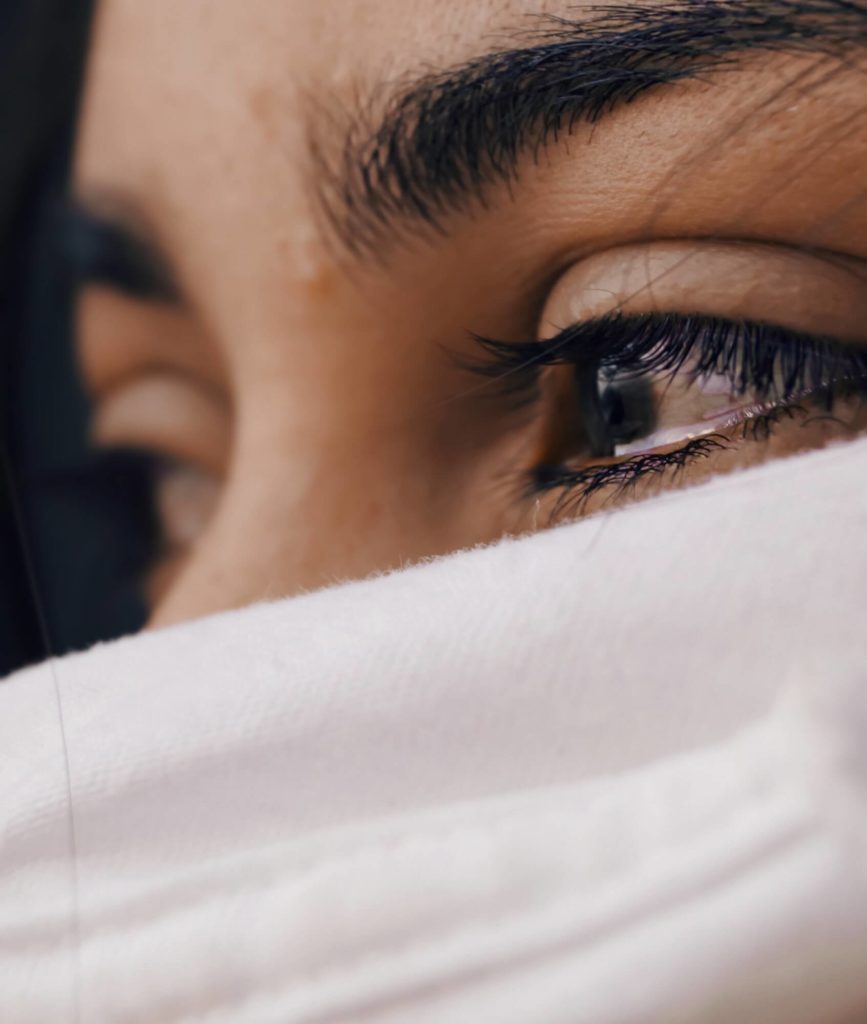Eye trauma, also known as ocular trauma, is one of the leading causes of visual loss and blindness in the US that frequently affects young people. People who play basketball and baseball are more prone to eye trauma. Damage to the eyes, surrounding bones or tissues from a direct hit is known as eye trauma. Note that eye trauma can adversely affect your vision either temporary or permanently, and it can be severe or mild.
Causes of Eye Trauma
It is worth mentioning that the injuries may be because of mechanical trauma (blunt or penetrating), ionizing and ultraviolet radiations or chemical agents. Other causes of eye trauma may include a scratched eye, chemical splash to the eye, foreign objects in the eye, subconjunctival hemorrhage, orbital blowout fractures, and traumatic iritis.
Symptoms of Eye Trauma
Although symptoms of eye trauma may vary a bit with each cause, note that they can include vision loss, pain, an eye sticking out, bleeding in the lens, and inability to move the eye. Some common symptoms of eye trauma are as follows:
- Trouble seeing
- Pain in the eye
- Conjunctival lacerations
- Cuts to the eyelid
- Solar retinopathy
- One eye sticking out
- One eye not moving
- Corneal abrasions
- Blood and redness in the clear part of the eye
- An object embedded in the eye
- Unusual pupil shape or size
You can prevent eye trauma and eye injuries by wearing protective eyewear at work or during sports activities. However, if an injury occurs, prompt first aid can considerably improve your chances of preserving vision.
Do You Need an Eye Exam?
Yes, you will need an eye exam! An optometrist will assess your injury in order to determine if an eye infection has occurred. The optometrist will also evaluate both the cause and severity of the eye trauma. They will then offer you a suitable vision and eye care services in order to help relieve the eye pain.
Treatment for Eye Trauma
Treating eye trauma usually depends on the kind of injuries you have sustained and the specific location of these injuries. As a general rule, refrain from pressing on the injured eye or rubbing the area.
Depending on the severity of your eye trauma, the optometrist may recommend you one or more of the following treatments:
- Prescription medications for scratched eyes, if needed
- Cold pack in case you were hit in the eye
- Eye wash or saline solution for foreign objects in your eye
- Surgery in case of more severe cases
If your eye has been cut or there’s an object in your eye, it is better to rest a protective shield – like a soft paper cup – on the bone around the eye.
Final Words
One of the best ways you can avoid eye trauma is to prevent it with protective eyewear while performing tasks that may put your eyes at risk. Some of these activities include yard work, home repair, cleaning, cooking, and playing contact sports.




